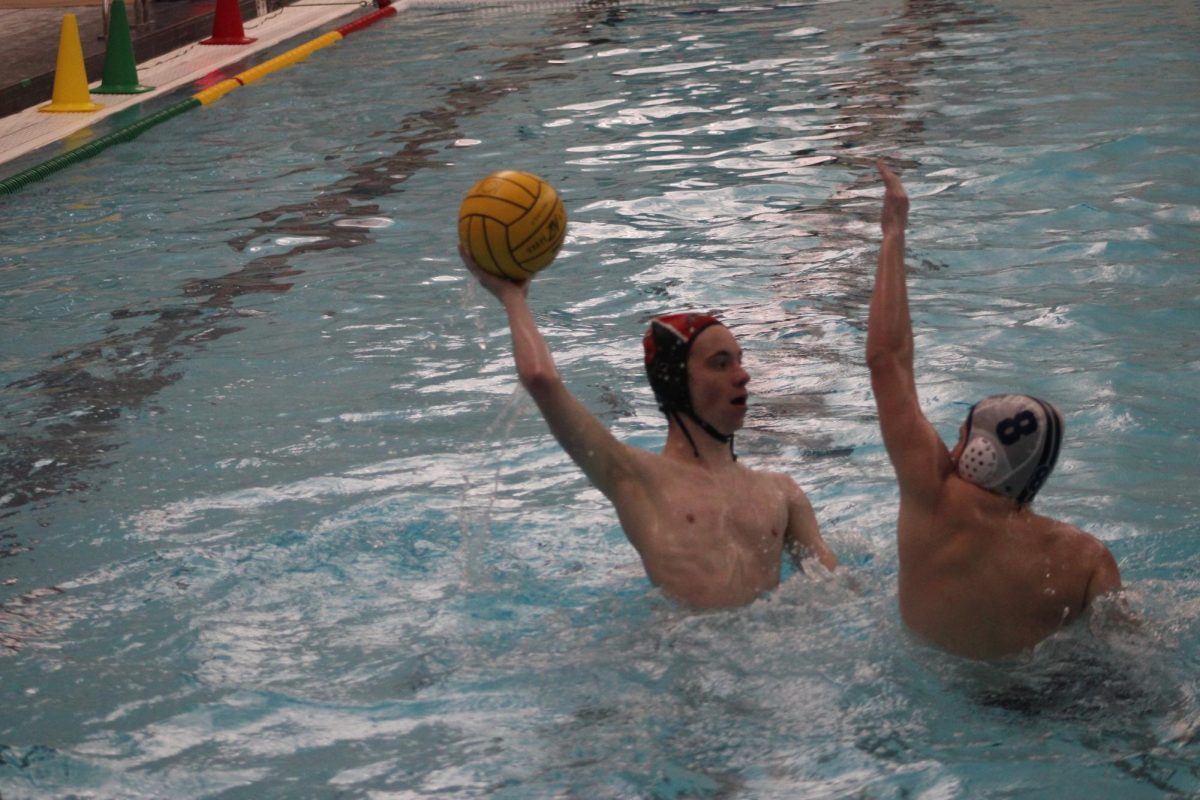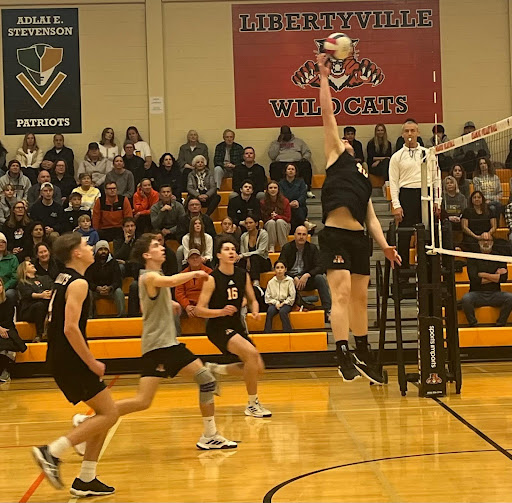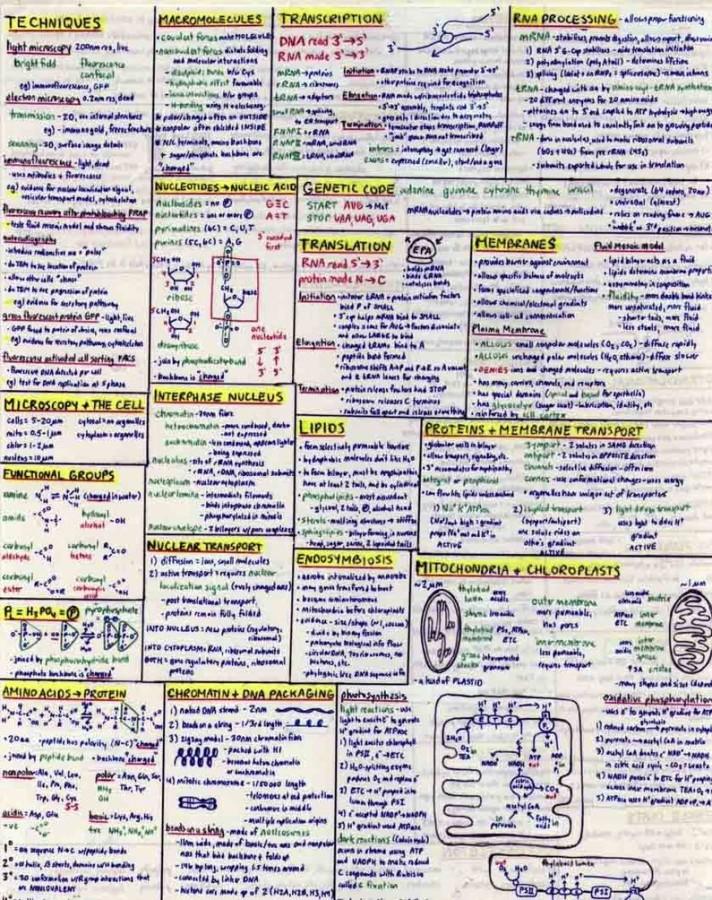Memorization in education can seem extremely ludicrous at points, especially since one will forget all the irrelevant information he/she learned through the years. Without practicing the memorized information, it becomes just that: irrelevant.
Since going to school is a mandated thing, I feel like it should be filled with information that is useful, or at least engaging, to every student. Yes, it’s important to be well-rounded and know information about other subjects, but students should be able to pick out a chunk of classes they’d like to take. Like a person who loves art could take a bunch of classes involving making art, maybe teaching it, and he/she could take classes about core subjects, like math or science, that have students learn how to approach them from a more creative standpoint.
Anyway, my reason for bringing up the passion for certain subjects is because “what separates memorization from learning is a sense of meaning. When you memorize a fact, it’s arbitrary, interchangeable–it makes no difference to you whether sine of π/2 is one, zero, or a million. But when you learn a fact, it’s bound to others by a web of logic. It could be no other way,” explained Ben Orlin, a high school math teacher, from The Atlantic. One will only learn what they find useful; if they don’t like it, they will memorize it for the test and forget it in the moments after.
For example, for me, I simply cram all the formulas and numbers I need before a chemistry test, aiming only to get a good grade, not to benefit from the information spread through all my different note sheets. But when it comes to English class or choir, I don’t just memorize the information to get a grade. I take time to comprehend it, to understand how diction and connotations of words are tiny little details that can make a piece of writing go from good to grand. I only do this because I honestly love scripting or singing phrases; therefore, I find the connections with them to other ideas.
Memorizing facts needs to be a part of life, like memorizing your name, different words, your address, and how to do simple tasks, like how to drive or work a computer. But in education, memorizing tends to be the major task at play and a fruitless one at that. It consumes so much time for almost no benefit.
As a youth, I, like many of my peers, feel an acute tie to school and me, since school is the dominant thing my life. The time spent directly at the building, and also the activities, like sports and clubs, are what I have to schedule life around. So, instead of filling the time there with pointless facts, we should be taught more about analyzing rather than memorizing because, if we have to spend a lot of time at school, we should at least be taught what will be useful in our careers. This is why I love English so much; one can’t memorize how to analyze questions or passages. I prefer to connect ideas than to simply memorize the specific answer to a question. English allows a variety of answers because everyone can view a story differently, so if the teacher asked the same question, everyone could reply in a different manner and they all could be correct. This grants English to be more relatable to jobs since many creative, hard questions can have a variety of answers.
It’s hard to change a whole education system that seems built upon memorizing facts (that are usually impossible to remember in the future; forget even remembering how to find the mass percent of a solution after a whole semester of cramming other facts in your head). But, as Common Core is changing education standards to have fewer topics and focus “on rigorous content and the application of knowledge through higher-order thinking skills,” according to Common Core’s website, it points to a more hopeful, more wholesome future for students and the definition of learning.













